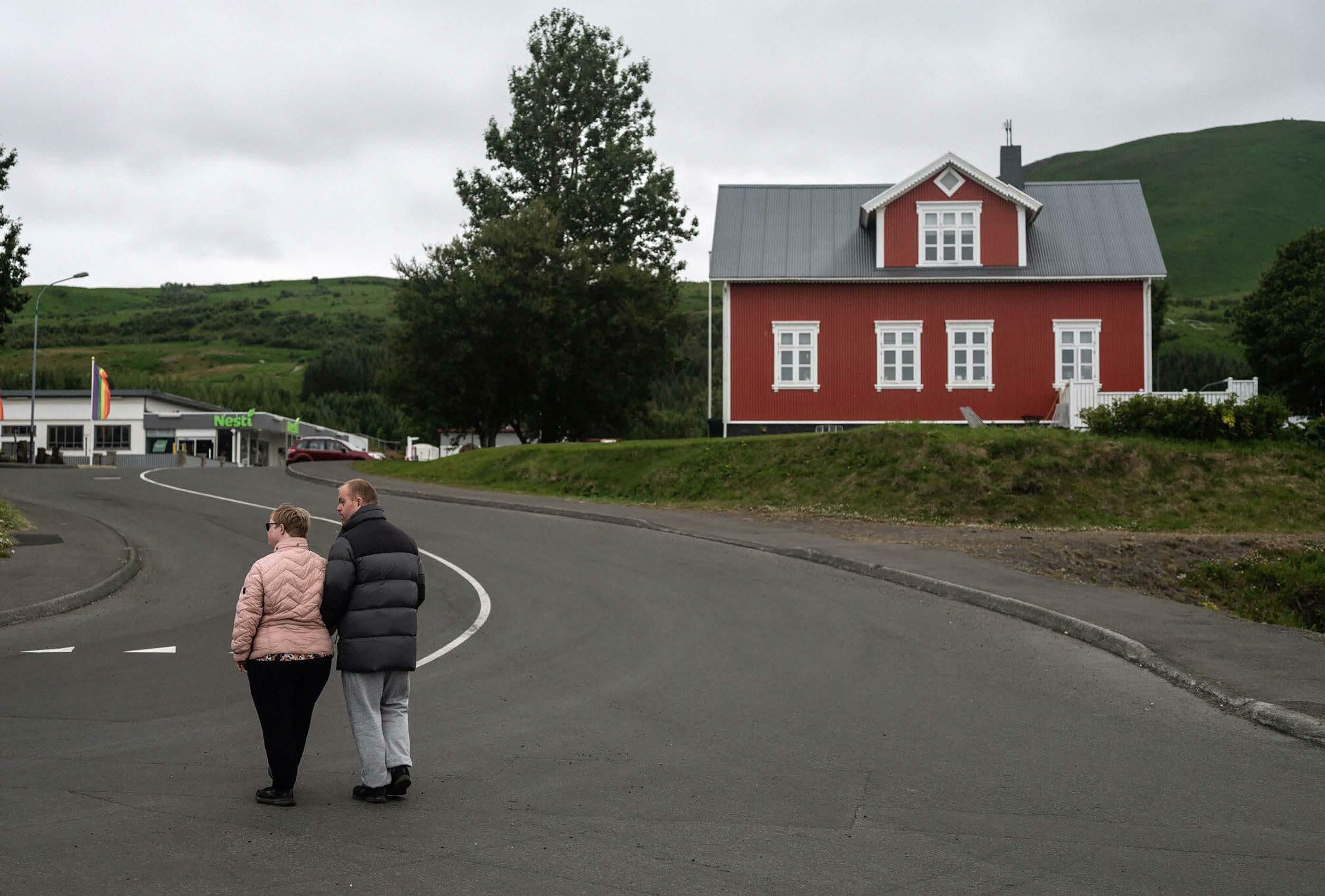The shocking truth of the forced sterilisation of disabled women

Anita cannot speak or comprehend complex information. At 28, she communicates mostly with facial expressions and baby-like sounds. When excited, she washes her hands. When her periods cause cramping and pain, she moans and agitates, unable to understand.
To eliminate this monthly discomfort and ease the burden of caring for her, caregivers at an assisted-living home in Reykjavik, Iceland, proposed an unusually aggressive step. The home’s manager recommended that Anita undergo a hysterectomy, a major procedure to remove her uterus and end her periods.
Eirikur Smith, an official in Iceland’s disabilities office, discovered this plan last year during a routine visit to the home. “Does she even know if she wants children later?” he recalls asking. The manager, he says, was stunned. “She just laughed in my face.”
“‘Of course not,’” he says she replied. “‘Why would she ever want children?’”
Forced sterilisation, with its history of racism and eugenics, is banned under multiple international treaties. Thirty-seven European nations and the European Union have ratified the Istanbul Convention, which declares, without exception, that non-consensual sterilisation is a human rights violation.
But a New York Times investigation found over a third of those countries have made exceptions, often for people that the government deems too disabled to consent. Some countries have banned the practice but not actually criminalised it. And records show that the Istanbul treaty’s official watchdog has repeatedly criticised governments for not doing enough to protect disabled people.
This story is from the {{IssueName}} edition of {{MagazineName}}.
Start your 7-day Magzter GOLD free trial to access thousands of curated premium stories, and 9,500+ magazines and newspapers.
Already a subscriber ? Sign In
This story is from the {{IssueName}} edition of {{MagazineName}}.
Start your 7-day Magzter GOLD free trial to access thousands of curated premium stories, and 9,500+ magazines and newspapers.
Already a subscriber? Sign In

ART ADVISER.FRIEND. THIEF
Lisa Schiff became America's top art consultant, with a network of close-knit clients. Then she stole millions from them. As she awaited sentencing, she revealed all to Sarah Maslin Nir and Zachary Small.

LOST IN LOTUS LAND
Decadence, drama and the dreamiest of resorts. Experience Thailand through the lens of TV's most alluring getaway, The White Lotus.

LOVE POTION
A new fragrance from Elie Saab blends traditional perfumery with neuroscience to enhance feelings of pleasure.

THE EYES OF GAZA
Palestinian journalist Plestia Alaqad gained millions of fans online for her unflinching live reporting from Gaza's war zone. Now, she's publishing her diaries to show how beauty can prevail alongside devastation

WINTER GLOW
The onset of cool weather is the ideal moment to address those pesky skin gripes. We ask an expert at No7 skincare for her advice on the best ingredients to enlist.

MODERN COUNTRY
Sarah Parry-Okeden, owner of Wild Orchid Spaces, invites us into Romney House, her newly renovated home in Bowral, NSW.

Fashion's new status symbol?
Fashion and beauty's new appetite for collaborating with food brands collides with a worrying return to '90s-era thinness and the mass uptake of new weightloss drugs. Divya Venkataraman breaks down the contradiction.

THE LONG WAY HOME
Ahead of the release of the miniseries The Narrow Road to the Deep North, actor Olivia De Jonge opens up about reconnecting with her roots.

DRESS FOR DISSENT
For the silenced and the unheard, clothes can make the loudest noise. In these politically charged times, Kathryn Madden explores the power and potential of protest fashion.

STRANDS AHEAD
Perfect hair is everywhere - except when it isn't. Women across the world are experiencing hair loss, thinning and shedding in silence. It's time we talked about it.
